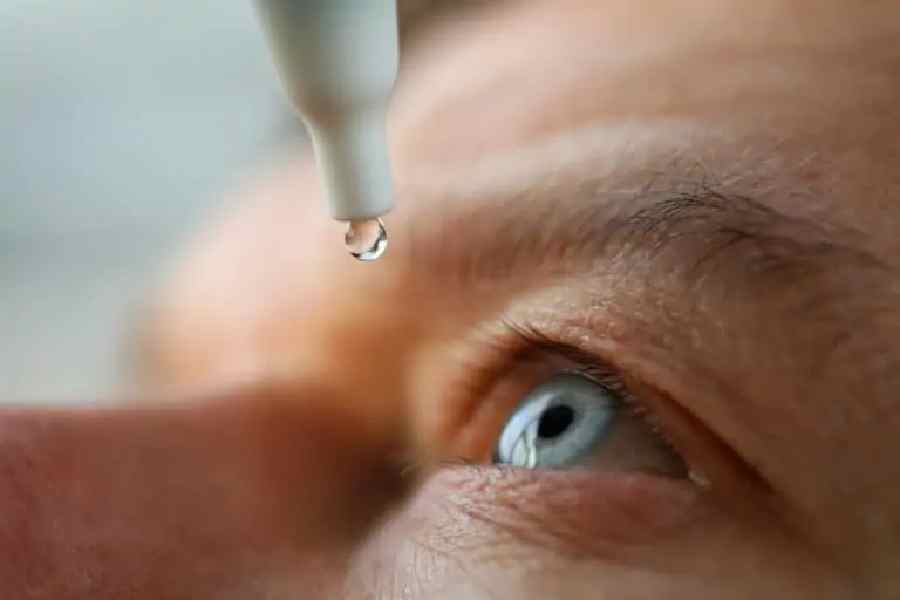The Indian Council of Medical Research (ICMR) has successfully tested drone-based transport of human corneas and amniotic membrane grafts, significantly reducing delivery time from 2-2.5 hours by road to just 40 minutes.
The study, conducted in collaboration with AIIMS New Delhi and Dr. Shroff’s Charity Eye Hospital, tested the feasibility of using drones to transport ophthalmic biomaterials from collection centers to tertiary hospitals for transplantation.
The trial took place in Sonipat and Jhajjar, Haryana, where a drone transported corneal tissue from Dr. Shroff’s Charity Eye Hospital (Sonipat) to the National Cancer Institute (NCI), AIIMS Jhajjar, and then to AIIMS New Delhi. The cornea arrived in optimal condition and was successfully transplanted.
Corneal transplants depend on the viability of donor tissue, which deteriorates over time. Delays in transportation reduce the chances of a successful surgery. Drones provide a rapid, temperature-controlled alternative to road transport, which is often slow or unpredictable, particularly in rural or semi-urban areas.
Faster delivery could ensure that more patients receive transplants in time, bridging the gap between donors and recipients.
ICMR’s i-DRONE initiative has previously demonstrated the successful use of drones in healthcare. Drones have been deployed in Northeast India for vaccine deliveries, in Himachal Pradesh for transporting medicines in high-altitude regions, in Karnataka for intraoperative oncosurgical samples, and in Telangana for TB sputum samples.
Dr. Rajiv Bahl, ICMR Director General, noted, “This marks another step forward—enhancing patient access, ensuring timely transplants, and reducing pressure on overburdened hospitals.” He highlighted that the i-DRONE platform was originally developed during the COVID-19 pandemic to transport vaccines to remote areas and has since expanded to include other critical medical supplies.
Piyush Srivastava, Additional Secretary at the Ministry of Civil Aviation, emphasized the role of technology in solving healthcare challenges. “The use of drones for cornea delivery showcases India’s growing capability to address real-world healthcare needs with homegrown solutions,” he said.
Prof. (Dr.) M. Srinivas, Director of AIIMS New Delhi, stressed the importance of timely donor tissue availability. “Corneal blindness affects millions in India, and access to donor tissue is a major challenge. This drone-based transport model could transform access to vision-restoring surgeries, especially in underserved areas.”











